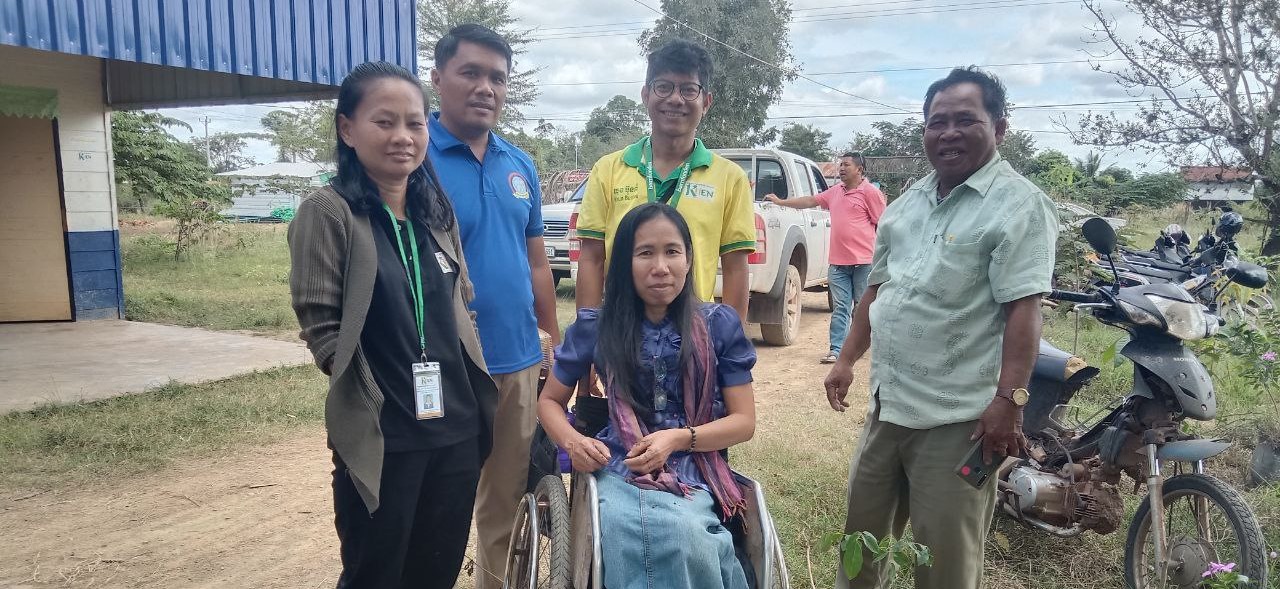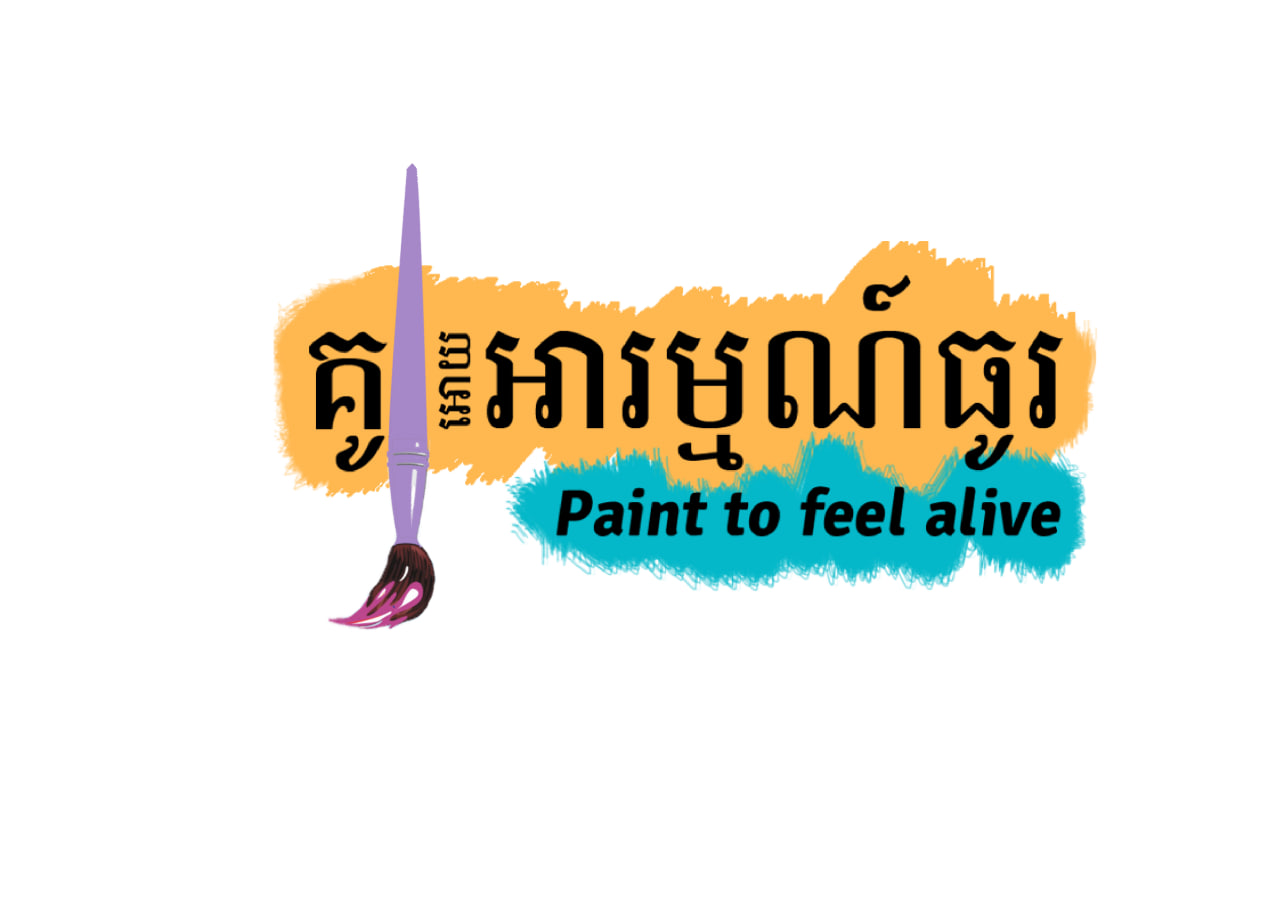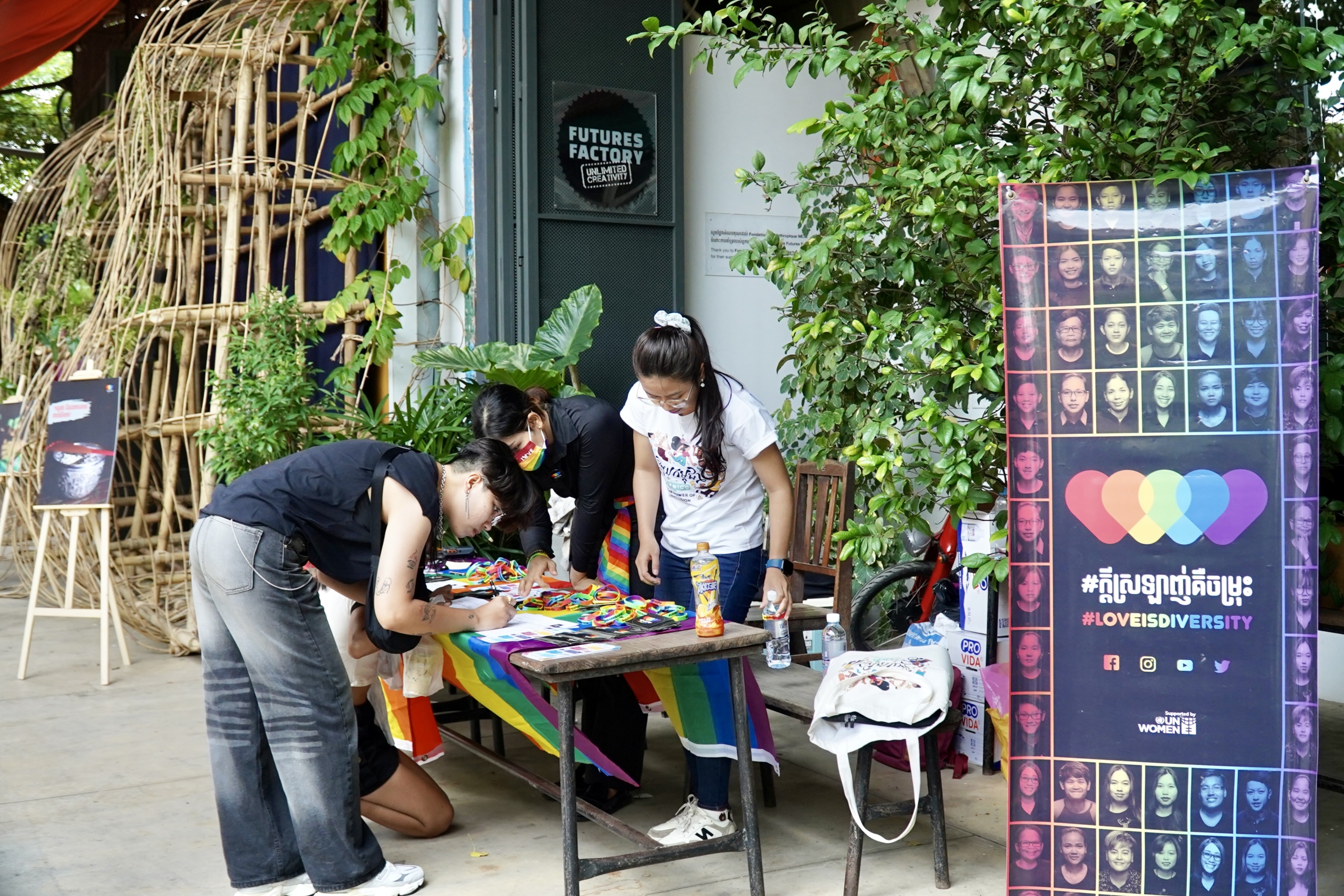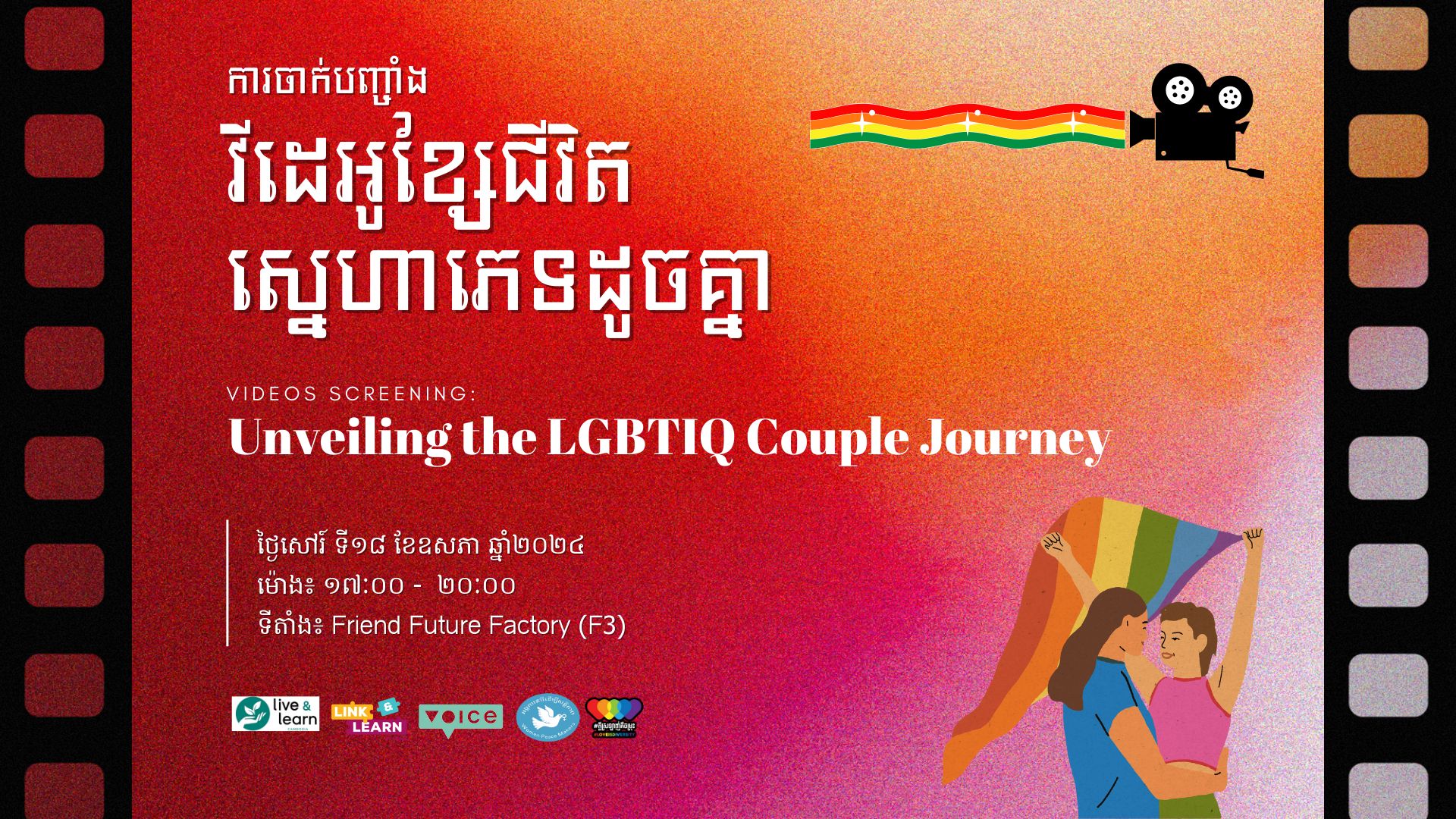Reaching out literary; It’s not about the what, but the how…
– Ruth Kimani, Voice Programme Officer Kenya –
I have, over the years, enjoyed conducting outreaches as well as being a beneficiary of the same. I learnt quite a lot from these outreaches which played a big role in shaping my career. Outreaches are mostly conducted to create awareness on particular topics, issues or as calls to action. Organisations or institutions use different formats in conducting outreaches but what I enjoyed most were those that used different forms of art. Key messages on sensitive topics such as adolescent sexual reproductive health still linger in my mind. Why? The approach used spoke my language; the messages were delivered in a unique and fun way making the topic attractive and easy to understand.
Today, I reflect on this and appreciate the power of outreaches. In Voice, involving and engaging with groups that are often hard to reach, or not well organised is neither easy nor hard. It does however provide an opportunity to think creatively around what outreach approaches to use.
So, I embarked on my previous gained knowledge and tricks of reaching out. ‘Go to the people,’ I told myself. Armed with the findings from the context analysis conducted in Kenya and Tanzania, we mapped out and segmented regions for a better outreach plan; geographically furthest from reach and with a population that is experiencing multiple, and intersecting exclusions. We then scheduled visits to these places using known contacts from previous projects as well as from referrals. Meeting organisations working with marginalised communities, and the individuals themselves at their locations was such an enlightening experience.
Taking the time to get to know your community assets and deficiencies is crucial, because engaging the community in your efforts to improve services will require that you are familiar with the people, the issues, and the history of the community. In our engagement with the community we validated the findings of the context analysis and gained in-depth understanding of the issues. Key provoking questions that I learnt from my old outreach days came to play during my conversations with these communities; Are these issues/problems familiar to you? Do you experience similar problems? If yes, how do they happen? What do we need to do to address these problems?
Ownership of the problem and seeking homegrown solutions to the problems is what makes outreach important. It helps make incomprehensible issues digestible and easy to comprehend by these communities. It provides an opportunity to make the Voice grant facility responsive to local needs.
Key lessons learnt;
- Partnerships can be useful in assisting in; getting information out there, and ensuring that people know who we are.
- Having in place a master list of identified Voice targeted groups and organisations (both email and postal mailing address lists) are important contacts for continuous reaching out.
- Choose tactics or approaches appropriate for different groups. A one size fits all approach may marginalise certain groups.






